|
19/6/2024 0 Comments Debunking the Myths of MenopauseMenopause was the unspoken word only 5 year ago and today there is so much more information for women 40-65 years that are experiencing the chaotic menopausal symptoms from hormonal imbalance. Nevertheless there is still plenty of confusion ... I've educated myself reading over a dozen of books on the topic and almost 100 hours of Menopause Yoga Education and Training. In this article, I am busting a few myths about menopause... for a bit of light edutainment.
Mind You Menopause workshops I designed take you on a journey of wellness and empowerment. Book in for a Workshop this winter. Myth1: Menopause Means It's All Downhill in Your Career From Here. Let's debunk this myth together! Menopause isn't the end of your career and the life you’ve created - it's a new beginning filled with endless possibilities. It's a time to reconnect with yourself, embrace your inner wisdom, and embark on an exciting adventure, blossoming into your second spring, as its called in Traditional Chinese Medicine! Myth2: MenopauseTurns Women Into Moody Monsters We're here to set the record straight. While mood swings might make a guestappearance, they certainly don't define us. With a sprinkle of self-care, adash of humor, and a whole lot of support, we can navigate these changes withgrace and resilience. Myth3: MenopauseSpells the End of Sex and Intimacy Not even close! Menopause is a chance to deepen our connections and rediscover the beauty of intimacy. With open mindful communication, understanding partners, and a touch of creativity, love and passion can flourish like neverbefore. Myth4: Menopause is All About Hot Flashes Sure, hot flashes can steal the spotlight, but they're just one part of the journey. Menopause encompasses a holistic transformation, including changes in sleep, metabolism, and more. It's an adventure worth embracing! Myth 5: Menopause Means Saying Goodbye to Fun Absolutely not! Menopause is an invitation to embrace new experiences and rediscover old passions. Whether it's through yoga, mindfulness, or breath work, getting away on a weekend retreat, there are countless ways to nurture our bodies, minds, and hearts during this time.
0 Comments
16/10/2023 0 Comments Time to Pause...World MenoPause Day.Did you know that from 35 years old your female hormones already naturally start to shift… estrogen in particular, the hormone boldly responsible for much of your femininity, starts to ease off… literally over the next 10 or so years, estrogen made by your female organs will be replaced by estrogen production by your adrenal glands (responsible also for your stress!).
Many women are confused like I was. Why doesn't my BODY and MIND feel the same as it used to years ago. I’ve not changed my lifestyle, my exercise nor my diet. Why is this happening to me?… Midlife women often feel exhausted from insomnia, frustrated from brain fog, horrified by emotional rollercoasters, sweaty from wild hot flushes and much rounder, even fat. The truth is, the “Meno-PAUSE change” happens over 10+ years, with significant physical, emotional and mental ongoing changes that can be difficult and stressful . I've been speaking with Menopause Yoga experts around the world and here are my top tips. Here’s what you can do if you are one of the lucky ones that is aware! You can PAUSE…. SLOW DOWN…. Develop new toolkits such as mindful meditation, yoga, deep relaxation, self-compassion and connect with like-minded people that care . These are all beneficial practices - you can explore with our Yogarama Retreats community. Gift yourself a morning yoga practice or a weekend away with us to connect with women that laugh (whinge and cry) together and prepare to embrace the M-change. Reset your mind to flow through your second phase of femininity, don't survive instead THRIVE . HOLIDAY or RETREAT? You may be thinking a relaxing holiday is all I need to help me navigate all of my mood swings, body changes and hot flushes of M-change. Don’t get me wrong, I agree a holiday break to chillax is 100% helpful. The truth that a holiday for women like us is not enough to feel well and healthy like we used to.. Research suggests that daily practices such as a self-compassion can help you manage the stress of navigating through the meno-PAUSE with calm, ease and as deep sense of freedom. So that’s why I am inviting you & maybe your bestie to join me on that mat on RETREAT ...a Day, a Weekend or an adventure Week away. A women’s retreat is not simply a holiday in a tranquil location, it is so much more… Step out of your busy days, slow down, learn the facts about your M- CHANGE and tap into a deeper inner wisdom so you can return home empowered with a new toolkit to flow through this second exciting phase of life & THRIVE 💚 .GET-AWAY on retreat to rediscover yourself and invite in a new approach to stress management & creative expression that works! What Retreaters are saying.. "Everything has been perfect. The food was beyond fabulous. The pace and scheduled events were perfect. Daniella's style is nurturing, kind and inspirational. Thank you." Jill, Womens Wellness Retreat As a mindful meditator, every morning I wake up to practice a nourishing meditation that helps me to feel centred, creative, confident, kind and connected. Essentially I practice a deep relaxation and a chakra balancing meditation for my physical, emotional and mental wellbeing.
Too often in my life I have woken up stressed and anxious. Worried about the day ahead and all my responsibilities and struggling to let go of what happened the day before. My meditation is a reset button for me and it works best first thing in the morning. Its scientifically proven that you can train your brain to receive these positive thoughts to set you up for the day ahead to be the best version of yourself. Today was one of those days when not only did I wake up from being physically ill with a stomach bug but also I received a terribly negative phone call 730am giving me one more warning to toe the line or I’m out. I was accused at work of creating a playground for myself.. As I reflected on the word “playground” it made me smile, as I was grateful to express my child-like self, my true creative self, I pondered that the other extreme is a “prison” which is deeply confined and guarded, constrained, and almost punishing. Truly grateful to have an attitude that life is my playground and I’m ready to explore it with a sense of curiousity, fun and joy as we connect in life like busy little ants running around with list of things to do, on a path to achieve our goals Take a moment today to pause, and reflect on whether you live in a playground or a prison. A daily meditation practice can offer a life of calm, clarity and freedom.. This was published in Mental Health Month. If you are interested in practising meditation with me - reach out email: [email protected] "The most important relationship you have in life is the one with yourself"
Valentine's day is the time to show a little extra love to the people you care about. Whether you're single or taken, it's important to pamper yourself with the same kind of love and kindness that you'd shower on anyone else. We often forget that the most important relationship we have is the one we have with ourselves. Valentine Day is about finding guilt-free ways to make “deposits” into yourself to improve your overall well-being, prioritising self-compassion and self-care which have serious benefits for your mental and physical health. Loving yourself makes you feel at your best and really sets the tone for how you allow others to love you. So here are ten top tips for self-love .
7/2/2023 0 Comments Are you sleeping well?Having difficulty falling asleep, staying asleep or waking too early ?
Too little sleep can be a huge issue that affects your mood, health, focus and general wellbeing. Having struggled myself with not enough sleep for many years, I am truly grateful that i found a key things that worked for me. My top tip is to be kind and compassionate – acknowledge it and don’t fight it... :-) Here are top tips for navigating sleep disturbances, particularly for women experiencing. night sweats. INSOMNIA - 10 TOP TIPS 1. Create your own personal sleep routine – it starts when you wake up in the morning with your intent to sleep well tonight incorporating daily healthy exercise, diet and being in nature. Design a bedtime ritual such as: - read, - meditate - gentle restorative stretch - journal to empty out your mind. let go of to do list’s & worries or try a gratitude practice 2. Set up your bedroom for sleep so it’s cool & comfortable. Use cotton or bamboo sheets and blinds or curtains to keep it dark. 3. Wear loose fitting sleeveless nightwear, light undies or nude!. 4. Use an eye shade to keep out the light and ear plugs, especially if your partner is a snorer. 5. Eliminate blue light screens after 6pm –TV or computers. 6. Dinner/ snacks are best at least 3 hours before going to bed so you have time to digest by the time you want to go to sleep. 7. Avoid caffeine after 12pm. 8. Reduce or avoid alcohol as its dehydrating. 9. Reduce waking up to go to the loo in the middle of the night then not being able to go back to sleep by not drinking too much, a few hours before bed, & just before bed empty your bladder. 10. If you are waking up due to night sweats, invest in a ceiling or floor fan or try a cooler pillow& cover and turn the pillow over regularly so your head is always resting in a cool place. Add a cold pack under your pillow or at your feet to also keep you cool. If you need more support, you can try natural herbal remedies over the counter, for instance Black Cohosh shown to reduce hot flushes or Valerian as a natural relaxant. Doctors can prescribe sleeping tablets or strong melatonin but...this is a last resort.. Hope this helps to create your our sleep ritual... Join me on Flow with Fiery Femininity at Bay of Fires Tasmania 15-19 March 2023 wherewe’ll be nurturing your ability to manage sleepless nights, brain fog, wild emotions & hot flushes. 18/12/2022 0 Comments Why Gratitude Is Good for You?A Gratitude party is the ideal time to remind myself & share why practicing gratitude is good for your body, mind, and relationships. Today, we had an intimate gathering @Wylies Baths in Coogee to share gratitude as we come to the close of the year.
|
AuthorDaniella Goldberg has a love of yoga and a passion for mindful meditation. Through her Hatha-Flow classes, she gently guides her students to grow strong, be flexible, focused and mindful, on and off the mat. Archives
June 2024
Categories |
© 2022 This material is protected by copyright under the laws of Australia and may not be used without written permission by Yogarama.


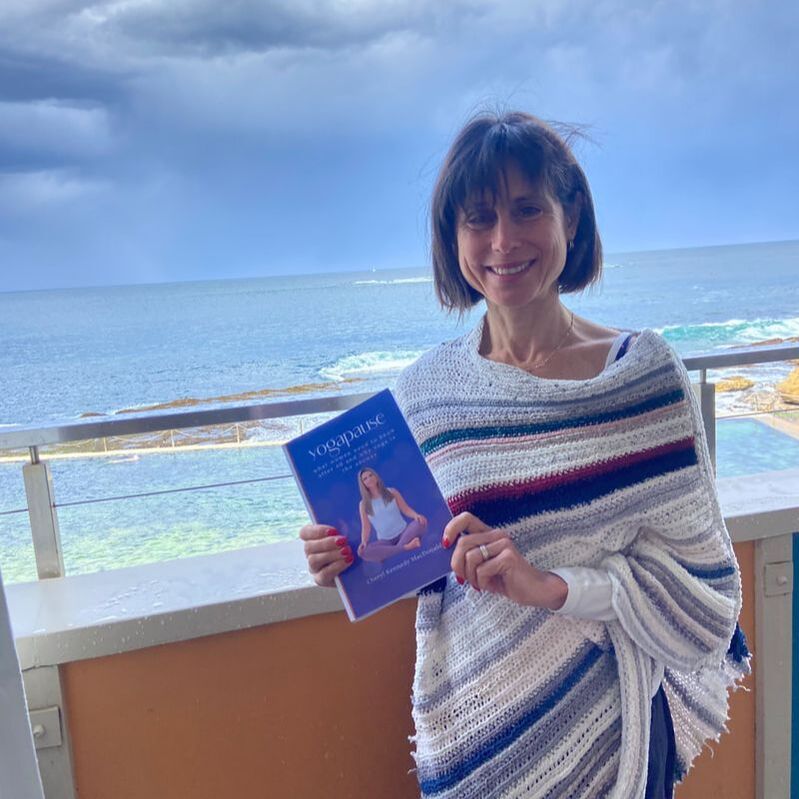
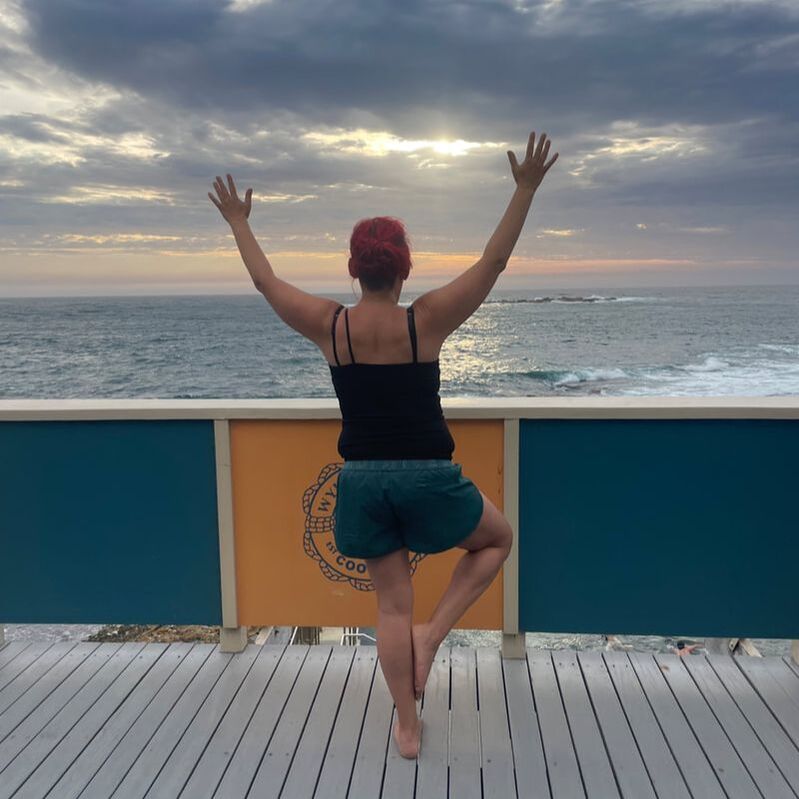
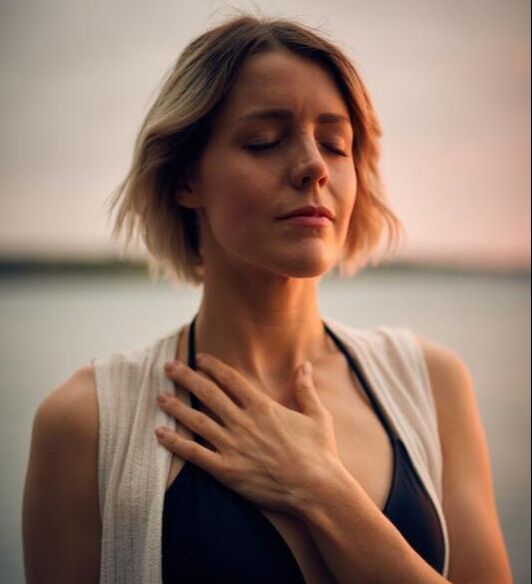

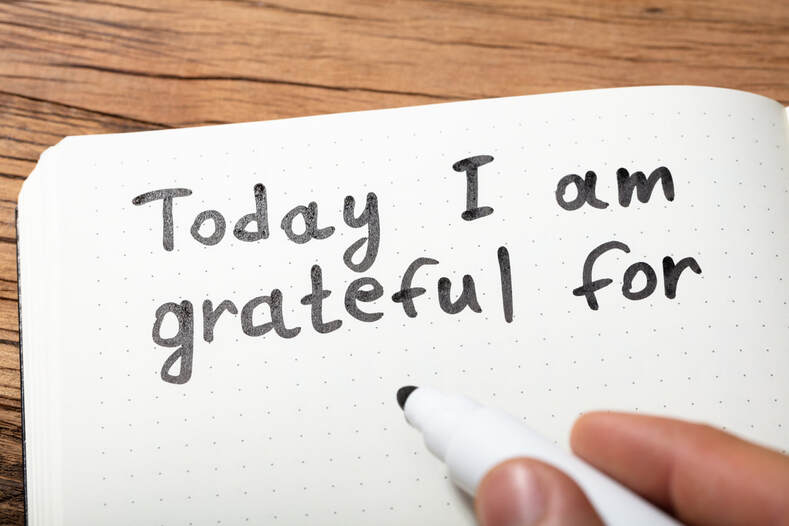
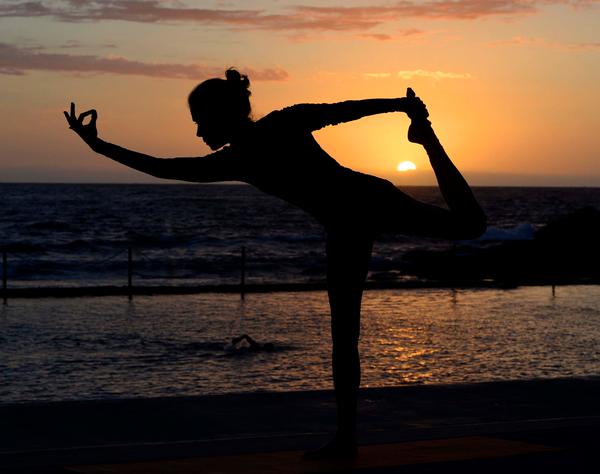
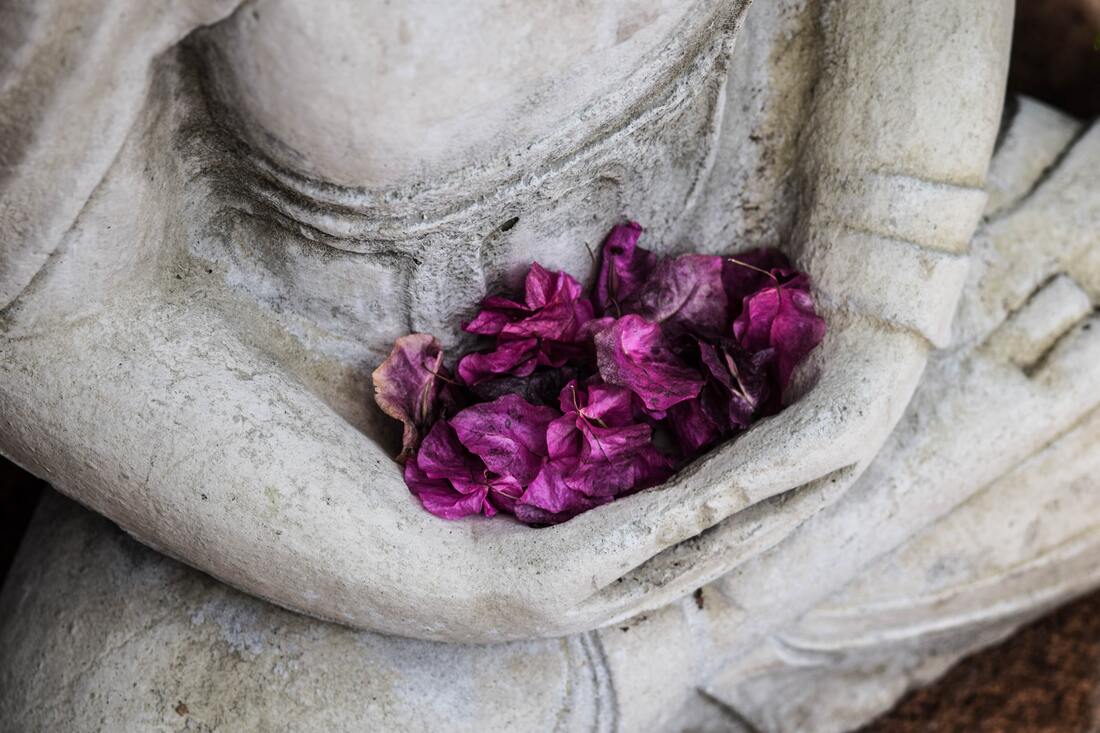
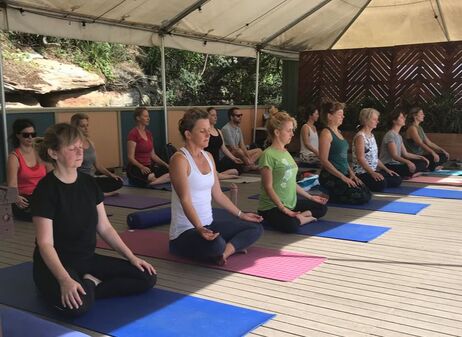
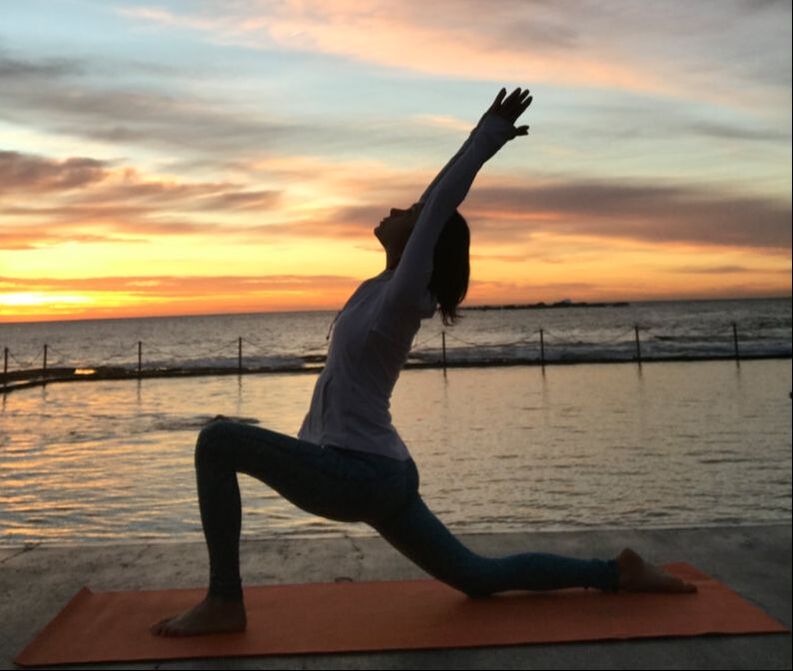
 RSS Feed
RSS Feed